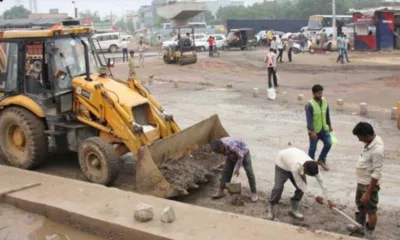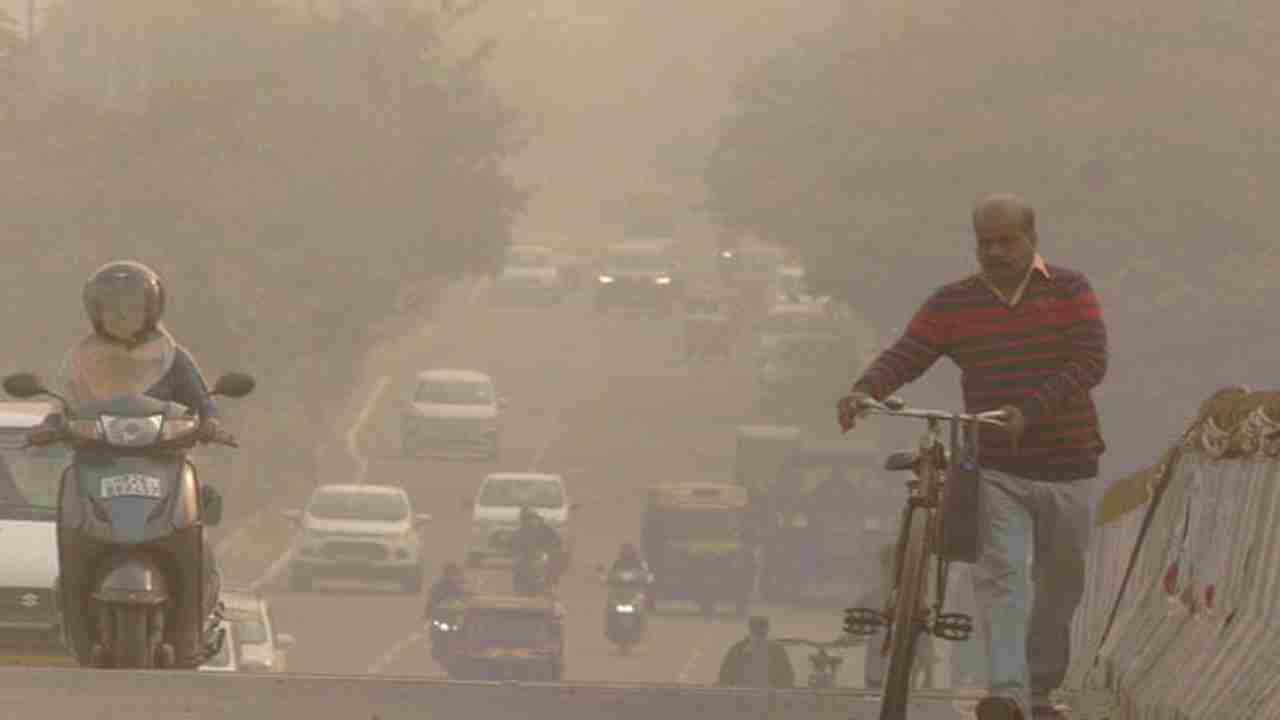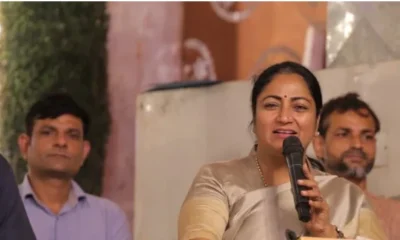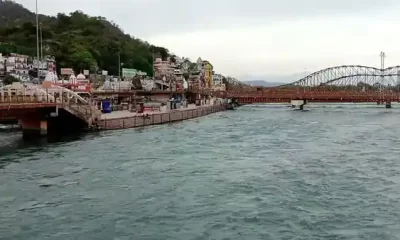Mudda (debate show)
“Environment issues need to be tacked holistically”
Pollution is greying the skies again in and around Delhi, though as per official records, stubble burning has gone down in the neighbouring states. The Graded Response Action Plan to curb air pollution in Delhi-NCR has come into force.

Mudda (debate show)
“Too much politics happening over corona in Delhi”
The Delhi chief minister’s decision was irresponsible, so it was overturned by the Lt Governor. Delhi belongs to everyone and such discrimination as Kejriwal proposed will not work. People know Kejriwal more for his wrong decisions than for any good work done by him
Mudda (debate show)
“Economy should be opened only gradually”
Economy will repair itself in time. But once lives are lost, they will not come back. Labour has gone back, so what good will we achieve by unlocking?”
Mudda (debate show)
“We need to focus on survival and revival”
-

 India News22 hours ago
India News22 hours agoAs stealth reshapes air combat, India weighs induction of Sukhoi Su-57 jets
-

 Cricket news22 hours ago
Cricket news22 hours agoRinku Singh returns home from T20 World Cup camp due to family emergency
-

 India News21 hours ago
India News21 hours agoTamil Nadu potboiler: Now, Sasikala to launch new party ahead of election
-

 Latest world news9 hours ago
Latest world news9 hours agoTrump says tariffs will replace income tax, criticises Supreme Court setback in key address
-

 Latest world news9 hours ago
Latest world news9 hours agoTrump repeats claim of averting India-Pakistan nuclear war during Operation Sindoor
-

 Latest world news8 hours ago
Latest world news8 hours agoPM Modi to begin two-day Israel visit, defence and trade in focus
-

 India News9 hours ago
India News9 hours agoShashi Tharoor questions Centre over Kerala name change to Keralam














